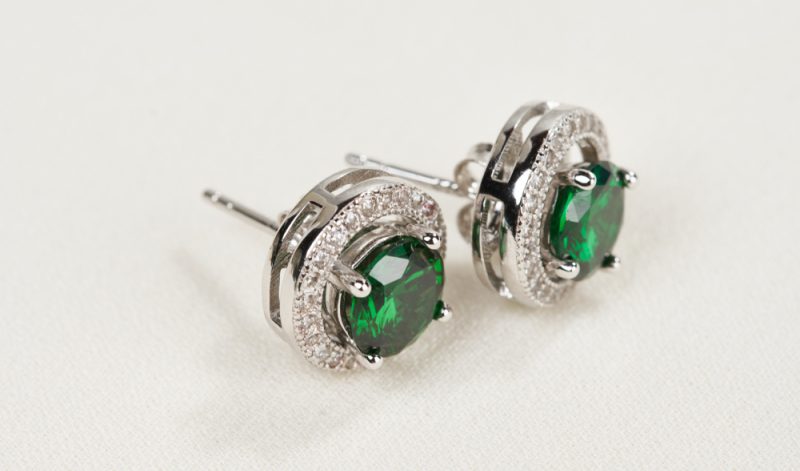September is national Hearing Awareness Month
Why raise awareness?
Hearing loss is a major public health issue affecting over ten million people in the UK – that’s one in six of the population. This figure is predicted to rise 14.5 million over the next 20 years.
Common causes
Age is the biggest single cause. Beginning from around 30 years old, most people develop significant hearing problems by the time they reach 80. Presbycusis (as it is medically termed) affects more than 70 per cent of over 70 year olds, and 40 per cent of over 50 year olds.
Noise induced hearing loss is another common factor and people who work in loud environments (such as construction sites or nightclub venues) or regularly listen to music at high volume are particularly at risk.
Problems associated
Untreated hearing loss can have serious emotional and social consequences. After all, it is the sound of people’s voices that helps us feel connected to them.
Frustration and embarrassment arising from hearing difficulties can lead to social withdrawal, isolation, loneliness and depression. It has even been identified as a risk factor for dementia among older people.
A sensitive issue
On average it takes ten years for people to address their hearing loss. Yet this is only half the battle. Though around two million people in the UK have hearing aids, only 1.4 million use them regularly. Similarly, there are an estimated four million people who don't have hearing aids who would benefit from using them.
Unfortunately, perceived social stigma is thought to be one of the key reasons behind this.
Taking the decision to start wearing a hearing aid can often be hard, and many prefer to purchase their device from a private supplier in order to pick from a wider selection of smaller, more discreet models.
Less is more
In the world of hearing aids, less is often more and privately purchased devices can represent a significant financial investment. After going through the lengthy and sometimes emotional process and finding the right one, taking the time to arrange an appropriate level of insurance cover, such that as offered by Assetsure, is an important next step.
Don’t be caught out
Indeed we’re often very attentive to the changing insurance circumstances of our children as they leave for university, buy their first car or set their first foot on the property ladder; yet we mustn’t lose sight of our own and (as members of the sandwich generation) those of older parents.
Though some home insurance providers will cover hearing aids, they often impose strict terms and conditions that bring the true extent of cover into question, while others exclude hearing aids entirely. A further complication is that many older people living in care homes no longer have traditional home contents insurance, leaving them vulnerable in the face of loss or damage to their device.
Standalone insurance
Which is why we have brought out a new standalone Hearing Aid Insurance policy offering worldwide all-risks cover. This includes unexplained disappearance or damage, with very few terms, conditions or exclusions.






























